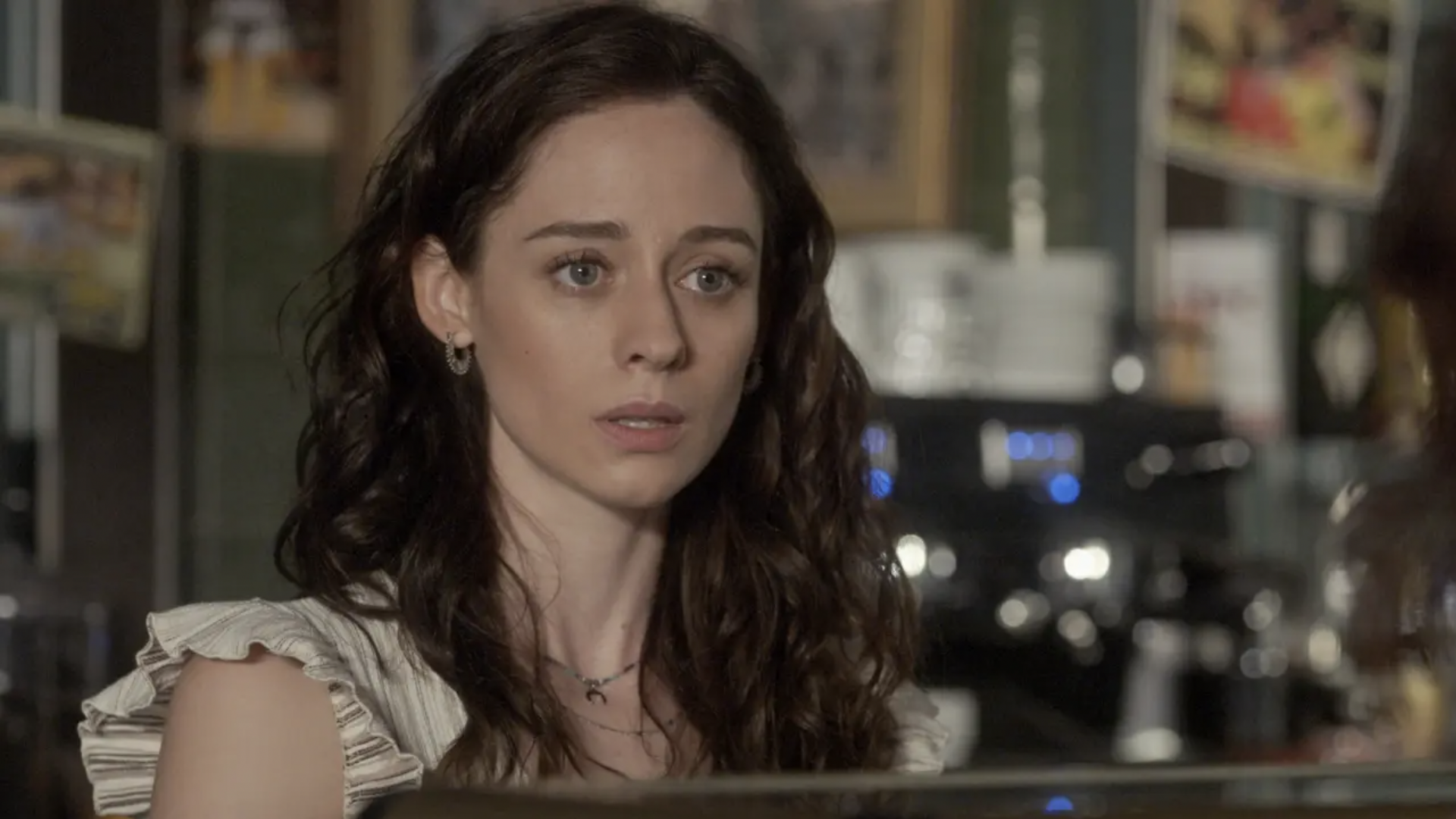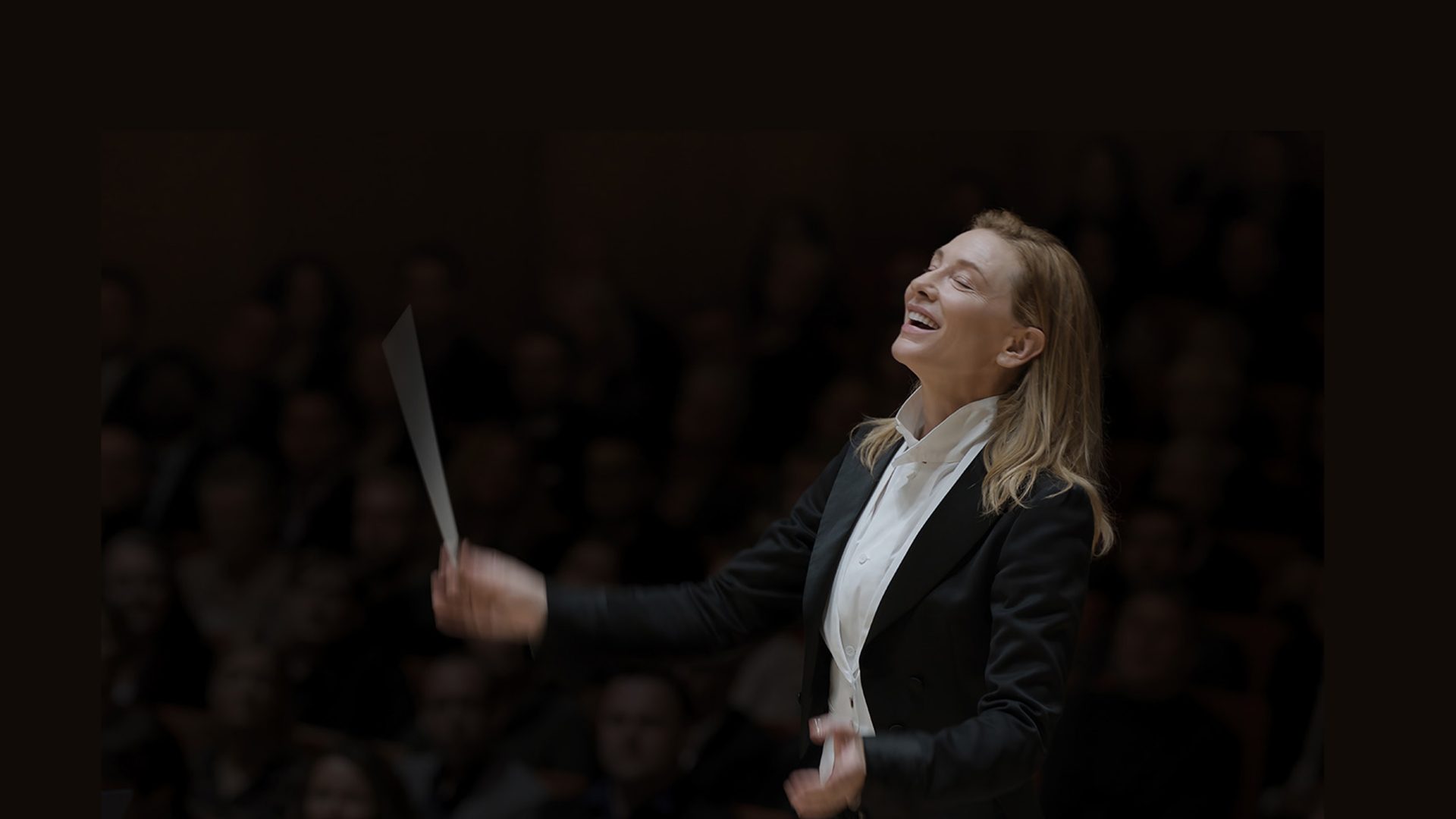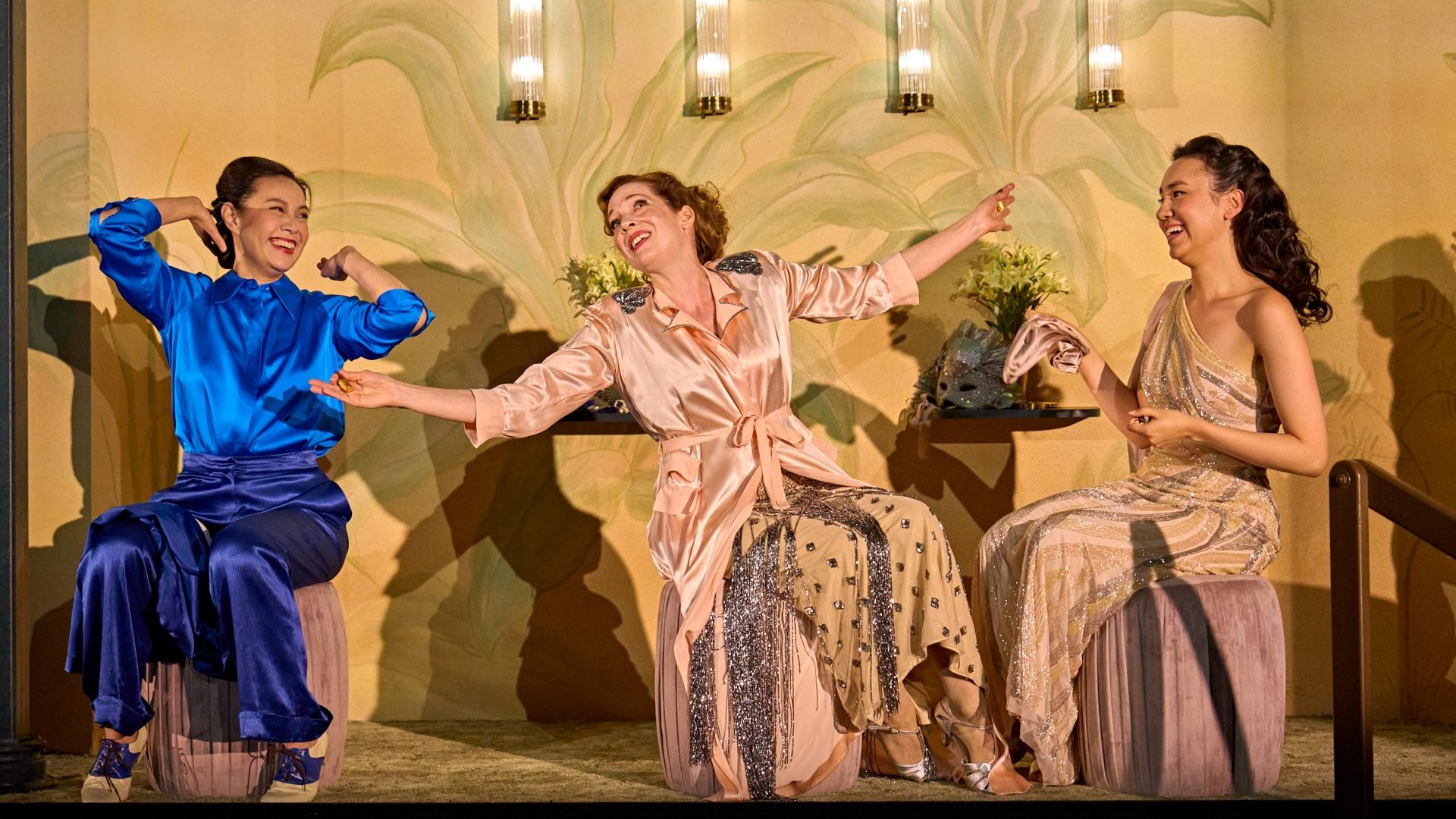There were many retrospectively bizarre cultural keystones from television in the 2000s, which we now recognise as strange and wrong, like Something About Miriam – a dating show in which six men were told only in the final episode that the object of their affection was transgender – and that deranged Channel 4 show where a woman had to guess which men were
gay. I had conflated that sort of early 2000s aberration in my mind with a
special episode of Hollyoaks in which the verdict of a fictional rape trial was
decided by audiences calling in and voting on the guilt or innocence of the accused. I felt that I had watched this as a child, in the very early 2000s, but I
now see that it took place only in 2017; never mind. Perhaps the strangeness
hasn’t passed just yet.
The Hollyoaks spectacle came to mind as I watched Alba, a 13-part Spanish drama about the aftermath of a brutal gang rape (based on an original Turkish programme named What Is Fatmagul’s Fault?). There is, blessedly, no audience interaction in Alba, but much of its tension is derived in a comparably questionable way. Alba (Elena Rivera) is a young woman in a new and promising relationship with rich kid Bruno (Eric Masip), a boy
she knew from their hometown but who she only grew close to after they both moved to Madrid.
On the weekend in question, Alba and Bruno return to their small town to party with friends and visit family. At a club, Alba is harassed by some of
Bruno’s friends, who she fails to recognise because of the years that have passed since she last saw them, as well the influence of a pill and too many cocktails. Her drink is spiked and she stumbles outside, losing consciousness. Separated from her friends, she is at the mercy of the boys
who were preying on her.
The next morning, Alba wakes up on the beach remembering almost nothing about the night before, and covered in bruises. She is told by hospital staff that it is likely that she was raped. Her doting brother is
inconsolable, and her boyfriend Bruno is horrified – until she recalls a tattoo
she saw on one of her attackers, which he recognises as belonging to a friend.
From here on, Alba’s memory drip-feeds her information about the rape and who is culpable, and sinister new events suggest that there is a concerted effort to cover it up. We as viewers are also unsure. Did Bruno participate in the rape and forget it in his drug-addled haze? Would he expose his friends to the police even if he was innocent, or would he comply with the wealthy families conspiring to protect their sons? Thirteen hours is a long time to hash out such details, and the pace of Alba is fairly trudging.
In its way, the slowness is curiously compelling, in the way that many methodical things are, but there was a significant sinking of the stomach
when I realised I had only just cleared episode five and there were going to
be several distinct new plots before we approached the end.
Alongside the more meat and potatoes intrigue to do with nefarious dynasties covering up the crime, there is some effort to address the ways rape victims are treated and perceived. That Alba took a pill herself before her drink was spiked goes against her, as does the simple fact of having being in a club at all. A brief teenage dalliance that Alba once had with the sexually sadistic ringleader Ruben also counts against her honour.
There is something substantial, too, being hinted at by the more general
confusion Alba feels about the men in her life after the attack, which is not
just to do with memory loss or the mystery of her attack. She simultaneously needs male comfort and physical protection, and is viscerally repelled by the prospect. In her perspective, men have shifted from being annoying, attractive, appealing and confusing – which is to say like any other person, including herself – to being a new unquantifiable class of person whose behaviour can never be predicted.
The problem here is that it’s basically impossible to render rape on film or TV in any way that one can feel good about having watched. There’s an
argument to be made that the gruelling, unwatchable stuff like Gaspar Noe’s Irréversible is the most moral way to sit with the experience, because it is true to the profound horror sexual violation can reach. There is another argument that such scenes inevitably shift into a kind of titillation, not necessarily the erotic sort, but the sort one can feel witnessing any act of serious violence.
I’m ambivalent on this; I find myself switching off media which even hints
toward gratuitous or salacious depictions of sexual violence, yet what would it mean to portray it in a way which did not make one uncomfortable or nauseated? Should we, must we, depict it at all directly?
Alba is one of those overlit, glossy but not artful shows, with a seductive
mysterious opening number and some pretty corny hints of soap opera
throughout, which means it’s a little hard to take seriously, and it feels bad
to fail to take this subject matter seriously, whether that’s my fault or that of the makers. Ultimately, there are lots of generic intrigue shows to have on in the background while you eat dinner or do your nails, and one about rape is not necessary for me.
Alba is streaming on Netflix




